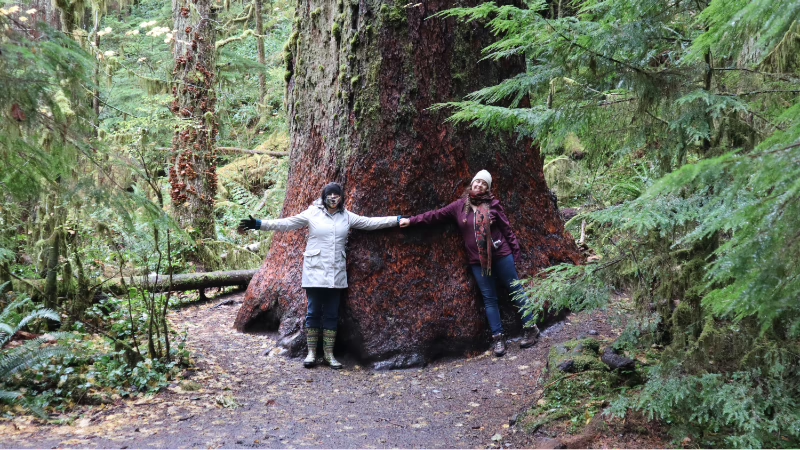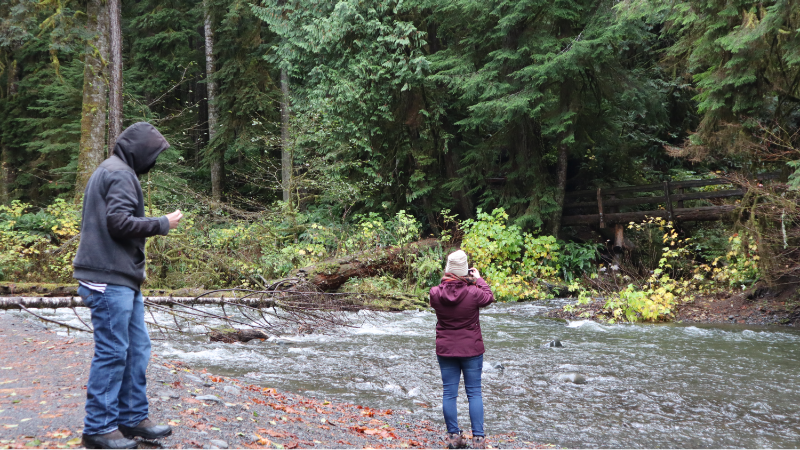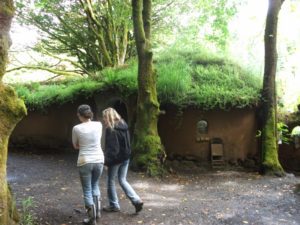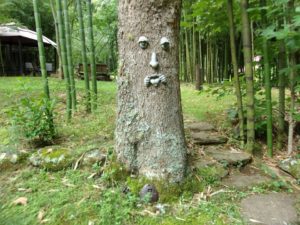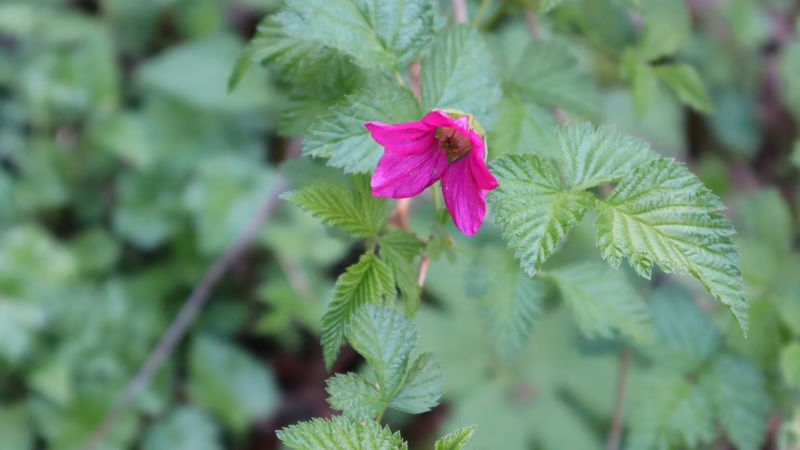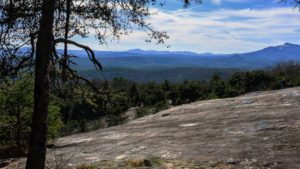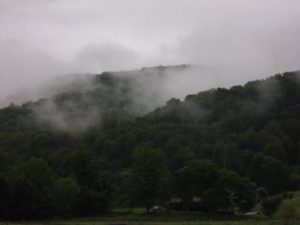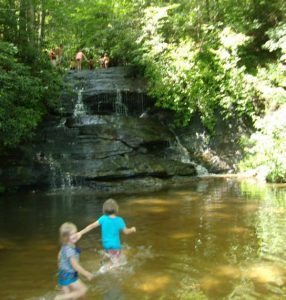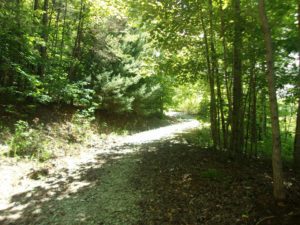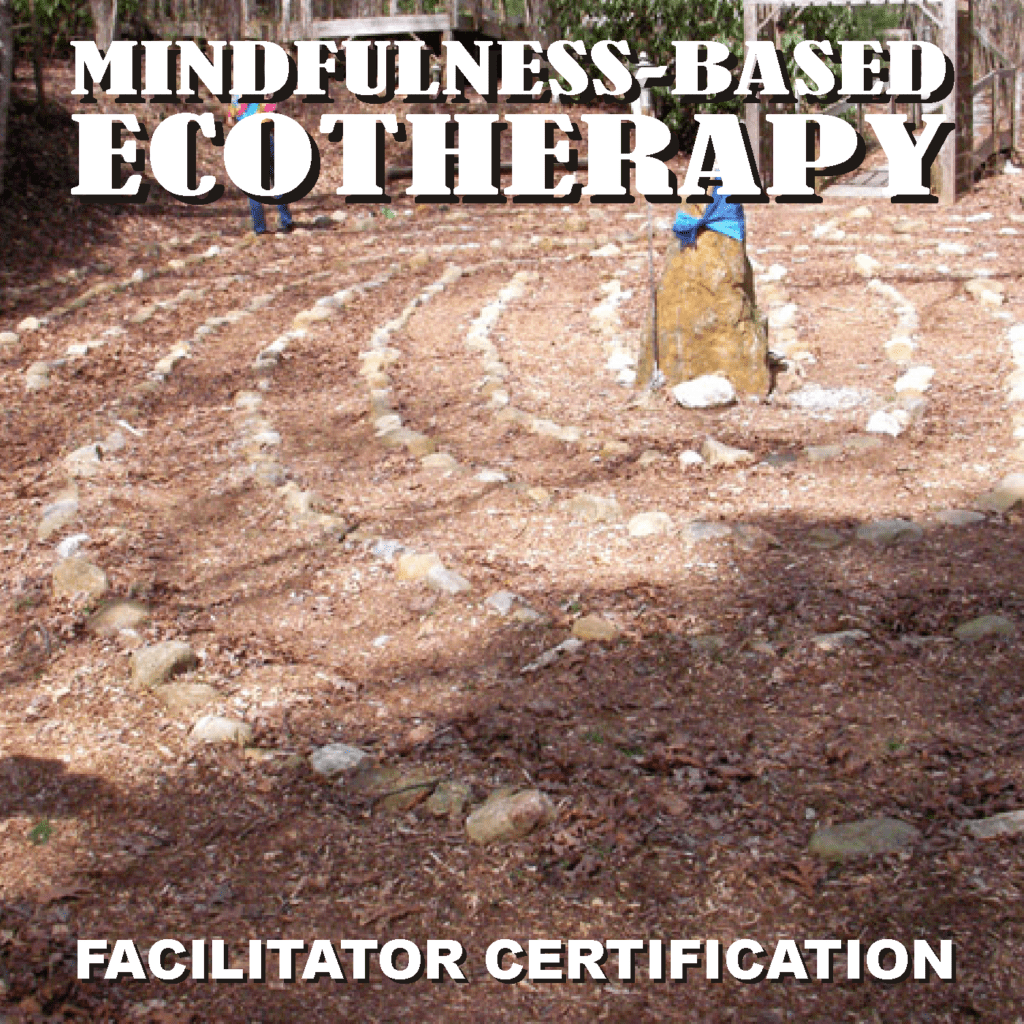
- Target Audience: Mental Health Professionals
- Online Home Study Continuing Education Hours: 1 (One)
CLICK HERE TO TAKE THIS FREE COURSE
Course Description
“At times I feel like I am spread out over the landscape and inside things, and am myself living in every tree, in the splashing of the waves, into the clouds and the animals that come and go, in the procession of the seasons.”
-C. G. Jung, Memories, Dreams, Reflections
There is something spiritual and transcendent about spending time in nature. In recent years mental health professionals have come to recognize the healing power of nature and to utilize it to help their patients and their families recover from a host of problems.
While ecotherapy uses the power of nature to heal the body and the mind, ecospirituality uses nature to heal the spirit, helping practitioners to connect with themselves and others, with nature, and with something larger than themselves.
Ecospirituality can be used in this manner to experience the transcendent.
In this introductory course we will cover what spirituality is, what Ecospirituality is, how ecospirituality can help people to increase their resilience, and finally some common types of ecospiritual interventions.
Course Objectives
After successfully completing this course the student will be able to:
- Define spirituality
- Define ecospirituality
- Differentiate between ecotherapy and ecospirituality
- Describe some of the benefits of ecospirituality
- Describe some common types of ecospiritual interventions
Instructor Qualifications and Contact Information
This course was created by Charlton Hall, MMFT, PhD.
Charlton Hall, MMFT, PhD is a former Marriage and Family Therapy Supervisor and a former Registered Play Therapy Supervisor (now retired from both those roles).
In 2008 he was awarded a two-year post-graduate fellowship through the Westgate Training and Consultation Network to study mindfulness and ecotherapy. His chosen specialty demographic at that time was Borderline Personality Disorder.
Dr. Hall has been providing training seminars on mindfulness and ecotherapy since 2007 when he founded what would become the Mindful Ecotherapy Center, LLC, and has been an advocate for education in ecotherapy and mindfulness throughout his professional career, serving on the South Carolina Association for Marriage and Family Therapy’s Board of Directors as Chair of Continuing Education from 2012 to 2014.
He served as the Chair of Behavioral Health for ReGenesis Health Care from 2014 to 2016 and trained all the medical staff in suicide risk assessment and prevention during his employment at that agency.
Dr. Hall is also a trained SMART Recovery Facilitator and served as a Volunteer Advisor in South Carolina for several years.
Dr. Hall’s area of research and interest is using Mindfulness and Ecotherapy to facilitate acceptance and change strategies within a family systemic framework, and he has presented research at several conferences and seminars on this and other topics.
Click here for instructor contact information
Click here to see a biography and summary of credentials for the Instructor
DISCLAIMER
The Mindful Ecotherapy Center, LLC has been approved by NBCC as an Approved Continuing Education Provider, ACEP No. 7022. Programs that do not qualify for NBCC credit are clearly identified. The Mindful Ecotherapy Center, LLC is solely responsible for all aspects of the programs.
All course materials for this online home study continuing education course are evidence-based, with clearly defined learning objectives, references and citations, and post-course evaluations. Upon request a copy of this information and a course description containing objectives, course description, references and citations will be given to you for your local licensing board.
All of our courses and webinars contain course objectives, references, and citations as a part of the course materials; however, it is your responsibility to check with your local licensure board for suitability for continuing education credit.
No warranty is expressed or implied as to approval or suitability for continuing education credit regarding jurisdictions outside of the United States or its territories.
If a participant or potential participant would like to express a concern about his/her experience with the Mindful Ecotherapy Center, NBCC ACEP #7022, he/she may call or e-mail at (864) 384-2388 or chuck@mindfulecotherapy.com. Emails generally get faster responses.
You may also use the contact form below.
Although we do not guarantee a particular outcome, the individual can expect us to consider the complaint, make any necessary decisions and respond within 24 to 48 hours.
Privacy Policy | Terms and Conditions | Refund and Return Policy

Be informed when new courses are added –
subscribe to the Mindful Ecotherapy Center’s monthly newsletter.
Contact MEC | Help with Courses | My Account | Student Forum

